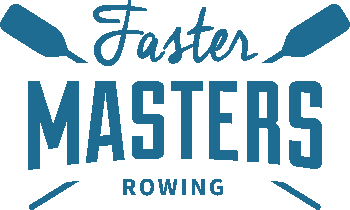Who are you becoming? the importance of contemplating this question – become the athlete you want to row with.
Timestamps
03:00 This past week Rebecca was at the South Island Masters Regatta.
05:00 There is a need for handicaps in masters rowing to make the races work better. What do you think are the benefits?
Who do you want to row with?
08:00 Who are the athletes you want to row with? Can you row with them?
Why do more experienced athletes warmup square blades?
Attributes of athletes
Different attributes of an athlete – Trainers, Racers, Technicians.
What is it they do that I would like to also do?
12:00 Attributes of rowers you admire and aspire to be like – positive attributes
- They show up, on time
- volunteer
- open minded
- pay dues on time
- friendly and build community
- convivial and congenial
- social sharer
14:00 Open minded on the water gives and asks for feedback.
Use the same language that the rowers use for a discussion about feedback.
Asking for feedback
17:00 How’s it going? is a good way to ask for feedback during a training session.
19:00 Advance a common understanding in your crew and group. A common language.
Mike Spraklen asked us what does “stride” mean to you?
21:00 Can we give confidence to other people in our crew as we discuss the outing?
Ask the question carefully. What words to use when you give feedback?
You sit behind me – uniquely positioned to see my technique. Can you remind me when you see me doing something wrong or right in the boat?
Ask opinions – helps people to feel they are being heard. “What are you personally working on?”
25:00 Start the positive behaviours yourself. Begin before you get on the water – where are you going? What to do today? Did I do what I set out to do? Quality score points out of 10 for rowing practice, acquisition of skill.
27:00 Openness in rowing – is this challenging for masters compared to youth rowers? Our practice ebbs and flows through the year with more intensity. Small moments of joy in what you are doing. Smiles and grins after the row.
32:00 Why do we row? Where do we get enjoyment? Process goals – lead the change yourself that you seek in others.
What is the ideal athlete for your club group? It’s incumbent on rowing leaders to be inclusive of returning rowers (who rowed as youth) and those who learn as adults.
More Resources
- Oarsmen versus rowers – what’s the difference?
- Scoring burnout – can you tell when you have had enough rowing


